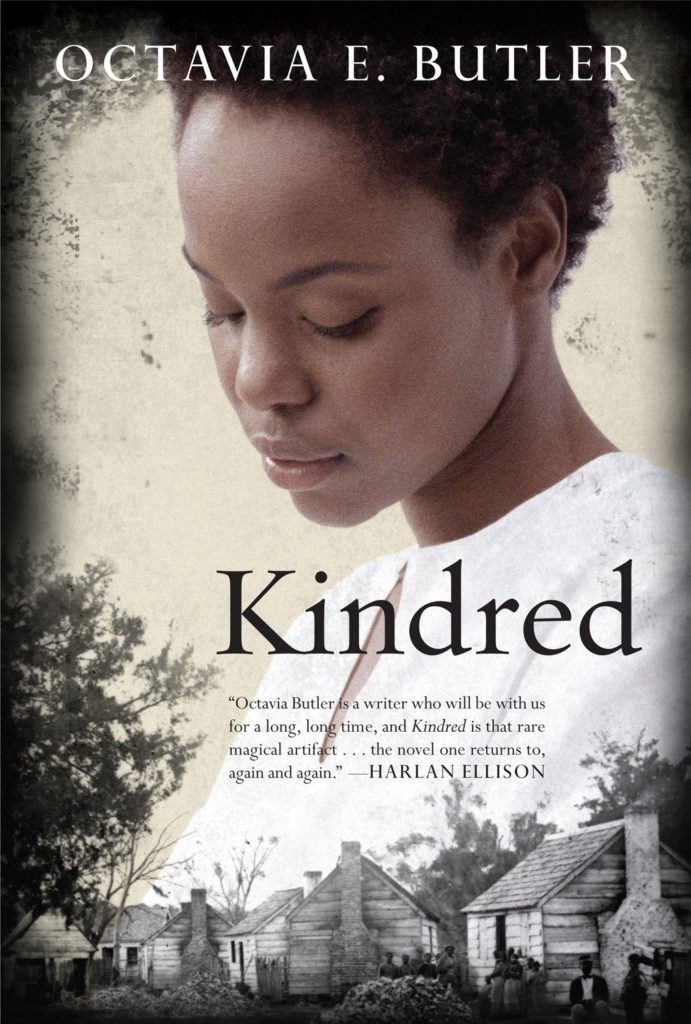A Month Dedicated to Science Fiction Literature: A Look Back at January Programming

Blog post by Program Assistant Laura Grant. To read more posts from Laura, click here.
Last month we focused in on the science fiction section of the Jews in Space exhibit by hosting several programs about science fiction literature. We first delved back in history to look at Jules Verne, the 19th century’s most celebrated author of science fiction. We then hosted an afternoon dedicated to the work of Isaac Asimov, one of the 20th century’s most prolific sci-fi writers. We wrapped out the month with a discussion about the state of science fiction today with current local authors. Reflecting on the month’s sci-fi programs, I’ve come to see the ways in which science fiction of new and old continues to have meaning and relevance for individuals and communities.

To start the month, the JMM in partnership with the Yiddish Book Center, presented a program with Sebastian Schulman on Jules Verne, specifically the Yiddish translations of his work. One of the things I found most interesting during this program was the ways in which different translators made Jules Verne into a different writer and how these translations shape readers’ interpretation of the author.
Unlike today, translators of the 19th century had a great degree of freedom to re-work the text and often made significant changes in terms of length, adding characters, and changing the overall tone and messaging. Schulman mentioned that in Verne’s case, this resulted in him being transformed into three different authors for three different audiences: French, English, and Yiddish. In France, he was and is still viewed as a mainstream author of realistic fiction. Through the English translations, he became known as the father of science fiction and is seen as an author for children. Yiddish translations, in contrast, had the aim of using Verne’s writing to modernize and educate the Jewish masses, and translators imbued social critique into their work. This program also brought up interesting discussions about the bounds of translation and issues like copyright today.

Next, we travelled forward in time to read and discuss the work of Isaac Asimov through a partnership program with the Enoch Pratt Free Library. We hosted An Afternoon of Asimov which featured community readings of two of Asimov’s popular short stories along with a presentation by Alec Nevala-Lee about the works and Asimov himself. I really enjoyed meeting people all throughout the community who had some connection to Asimov and hearing them give voice to his words.

It was valuable to gain insight into the origins behind the stories we read from Alec Nevala-Lee. Additionally, I appreciated his call to reckon with Asimov’s legacy as both a prolific author and someone who exhibited predatory and abusive behavior and to consider how that duality still affects the science fiction genre today.

Finally, we moved to the present and to our local community with the event, Writing Ourselves into the Narrative: Maryland Sci-Fi Writers. Three contemporary science fiction authors, Sarah Pinsker, Aliza Greenblatt, and Jason Harris discussed the connections between identity and science fiction and the ways in which they incorporate elements of their identity into their work. I particularly enjoyed the discussion surrounding reading and writing science fiction in this contemporary moment when reality feels more like something from science fiction. For some, reading fantasy and science fiction represents a chance to escape from the current moment. Whereas for others, science fiction, and in particular dystopian tales, are difficult to read or write in these current times. Ultimately, I came away from this program with a full list of reading recommendations of books and stories written by the panelists or recommended by them. If you’re looking for your next read, I suggest you check out this program.

Now, I must admit, I’ve never been a big fan of science fiction myself. However, these programs have inspired me to expand my reading selections, and I’ve recently finished Leave the World Behind by Rumaan Alam and just started Kindred by Octavia Butler. I hope these programs might inspire you to explore this genre. Perhaps I will see some of you at our upcoming sci-fi related programing on Star Trek and on Jewish science fiction.
